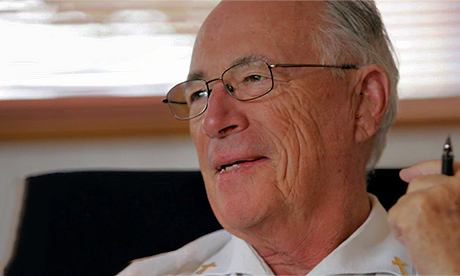Many different things can influence this journey of becoming: e.g. our physical environment, the people around us, economic opportunities or the lack of them, genetic inheritance, etc.
But the biggest influence on what kind of person we become is the decisions we ourselves make.
We navigate through all the other influences by the choices and decisions we make in the midst of them all.
The best evidence for this is people we admire, who in some cases become wonderful people against very big odds.
Being disabled in some way, or being poor, didn’t stop them from becoming the kind of persons we rightly admire.
External circumstances did not take away their freedom to make good choices.
Similarly, aid workers tell us about people who are starving and nevertheless live in quiet dignity and who are incredibly unselfish towards one another. So there are inner decisions that difficult circumstances can’t stop us making.
Speaking of choice: you hear people talking about “doing God’s will”.
God doesn’t impose on you.
In fact, your best hopes for yourself and God’s best hopes for you are the same.
When God chose you, God chose what you yourself most deeply want, because that’s part of who you are.
God “wrote” your personal calling into your “heart” and your talents.
Your deepest longings and hopes, and even your concerns and anxieties, all point to something beyond what you already are.
God has also “written” to you in the circumstances of your life.
God’s will involves what you most need to do, and what the world most needs from you.
The places where God calls you are the places where your deep gladness and the world’s deep hunger meet.
This means making decisions and choices.
Every person’s journey sooner or later meets cross-roads – when choosing one direction excludes other options.
Don’t get paralyzed by trying to keep all your options open!
Freedom and fulfillment and peace of mind come through decision and commitment – not through trying to keep all options open.
Sometimes the options in front of us are big and sometimes they are small: e.g. when we choose between putting a little more kindness into the world or a little less kindness; more honesty or less honesty; more forgiveness or less forgiveness, and so on.
Whether it’s a big choice or just a little one, you can sometimes know which is the right choice by putting yourself at the far end of your life and looking back – the choices that will give you the most gladness then are the choices are right for you now.
- +Peter Cullinane was the first bishop of the Diocese of Palmerston North. Now retired he continues to be a respected writer and leader of retreats and is still busy at local, national, and international levels. Here he shares his reflections on sciences and Christian faith. To conclude the introduction of this series he quotes Albert Einstein, “Science without religion is lame; religion without science is blind.”
- This is the fourth in a series of chapters from his letter to senior students
- Image: Manawatu Standard
